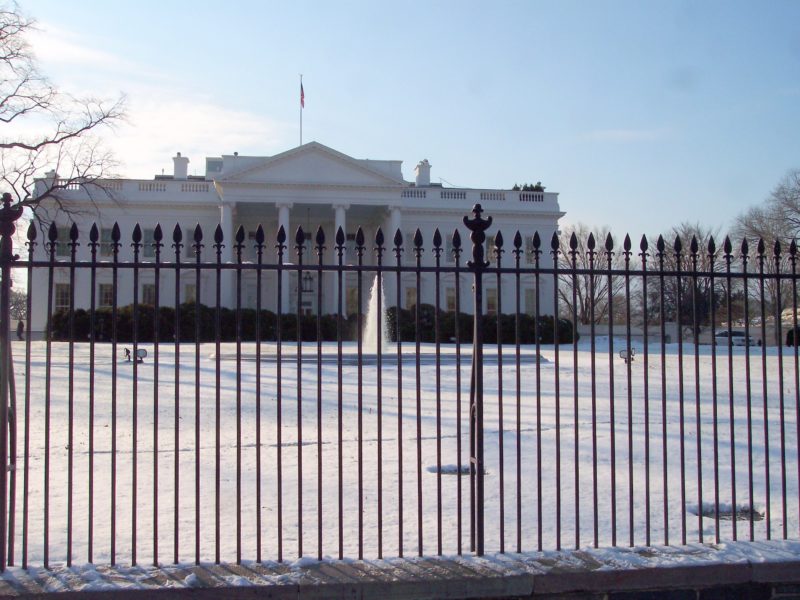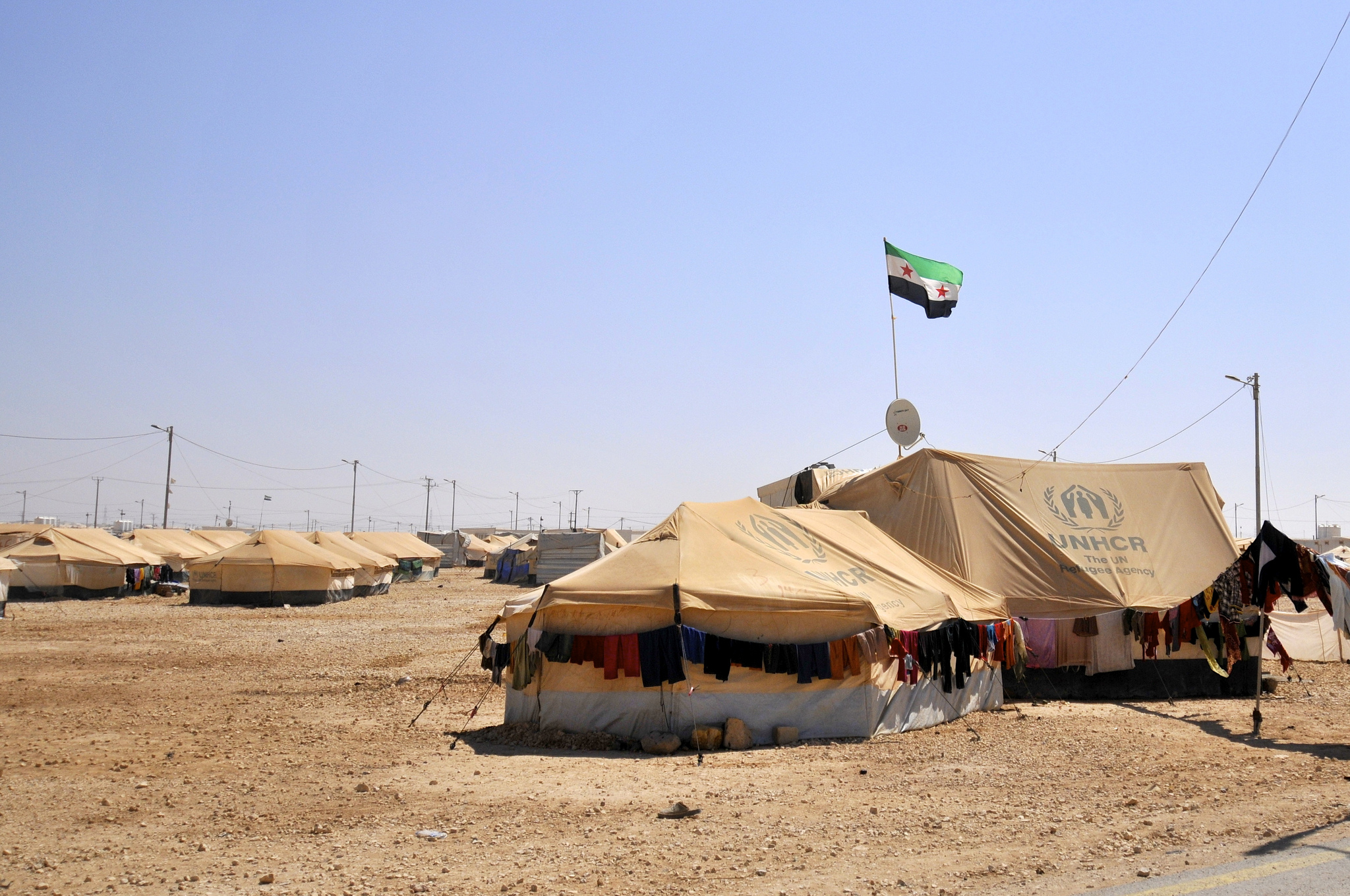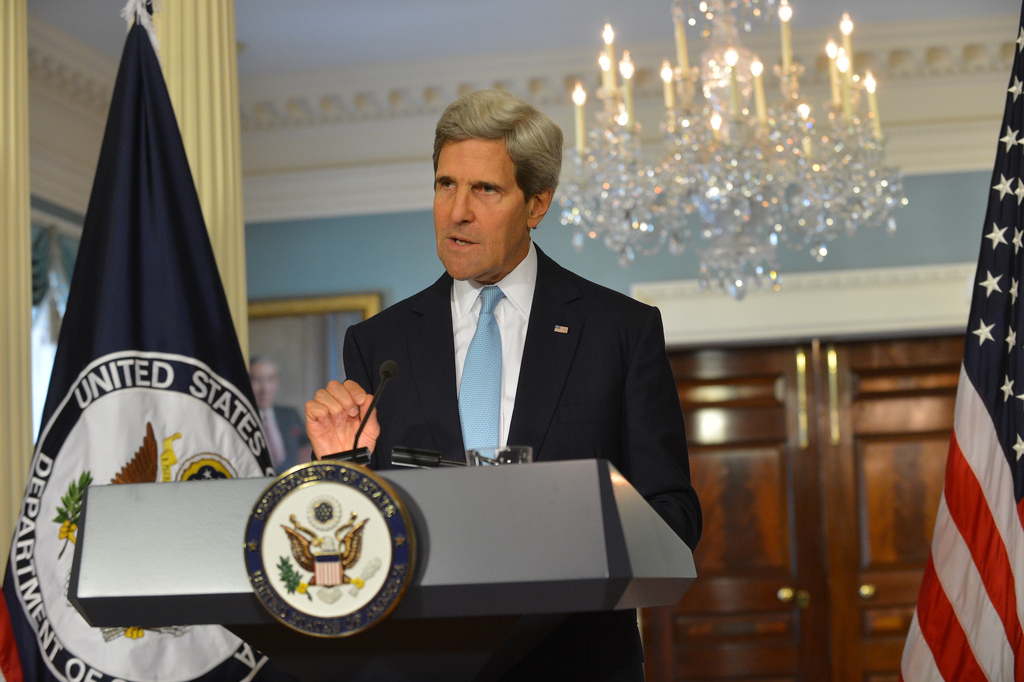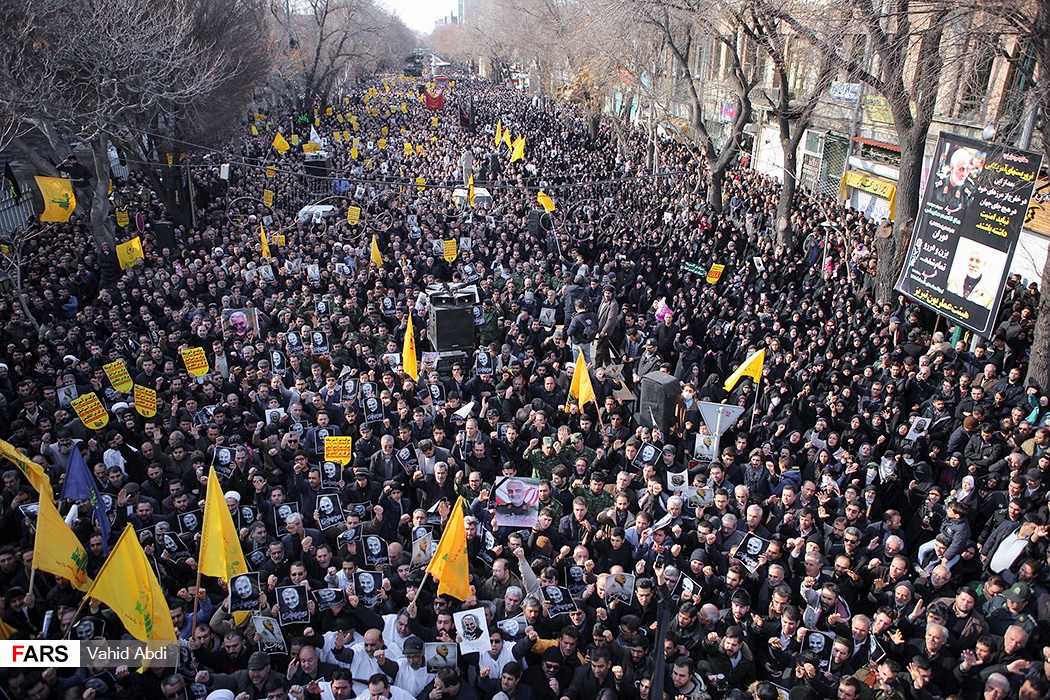Guest post by John Chin, Joseph Wright, and David Carter
As frustration mounts over President Donald Trump’s response to the coronavirus pandemic, where COVID-19 has, according to the latest estimates, killed over 100,000 Americans, some on the American left have apparently taken ill with coup fever. In late April, Hendrik Hertzberg—a journalist at The New Yorker and former chief speechwriter for President Jimmy Carter—took to Twitter to muse about whether it was “time for a military coup.” Hours later, Nick Hanauer, a venture capitalist-turned-critic of economic inequality, tweeted: “At what point do the Joint Chiefs of Staff just come to terms with the fact that the POTUS has lost his marbles and is insane, and just take him out?” Hertzberg backtracked quickly, clarifying that he was being sarcastic. Yet coup-talk, even meant as a joke, is no laughing matter.
President Trump and his allies have insisted that he is the victim of a left-wing media-inspired “deep state” coup conspiracy to deny him the presidency. Last fall, Trump incorrectly decried the House impeachment inquiry as an unconstitutional “coup attempt.” Loose coup talk by media members and political opponents only makes Trump’s claims of a coup cabal more credible.
Military coups against democratically elected leaders rarely end well for democracy
Would a military coup against Trump be a good thing? Military coups against democratically elected leaders are undemocratic insofar as they substitute the threat or use of armed force for the results of elections—even if there is disagreement about how those elections are run. The controversial “good coup” hypothesis that coups may promote democracy by ousting dictators or autocratic regimes does not apply to a long-established democracy like the United States.
The Colpus dataset distinguishes between two coup types. Regime change coups—or coups de regime—alter the “rules of the game” and identity of the entire ruling group. Leader reshuffling coups—or coups de chef—only alter the identity of the top leader, without making fundamental changes to political institutions. Of the 60 military coups that ousted democratic leaders from 1946 to 2019, 53 (88 percent) led to democratic breakdown; only seven resulted in leader reshuffling, of which six were successful in that they did not lead to a democratic breakdown. In these six “constitutional coups,” democracy survived because the coup makers either handed power to the next in the constitutional line of succession or quickly presided over new democratic elections. In the seventh case, democracy survived because the coup was rolled back in short order.
Assuming Trump doesn’t try to kill democracy, an anti-Trump military coup is a bad idea
Democracies usually die in one of two ways: a military coup or an executive self-coup, where a country’s leader aborts the constitutional order, dissolves the national legislature and/or dismisses other regime elites, and assumes extraordinary (dictatorial) powers. The United States has no experience with either—notwithstanding charges that Abraham Lincoln went too far in amassing power during the civil war.
In theory, military coups may save democracy from leaders who attempt to abort democracy or block the entry of a newly elected leader. The clearest example of this was the pair of coups in Brazil in November 1955 after opposition candidate Juscelino Kubitschek won presidential elections. Lt. Gen. Henrique Texeira Lott, the War Minister and leader of “constitutionalists” in the military, led coups to preempt a plot by a rival military faction involving Coimbra da Luz and Café Filho that sought to block Kubitschek’s inauguration. Lott’s coups ensured the 1955 election result was respected, not thwarted.
There are two post-Cold War era cases where executive autogolpes triggered military counter-coup attempts. In May 1993, Guatemalan President Jorge Serrano Elías dissolved Congress and the Supreme Court with the support of the military high command. Mass protest, a counter-coup by mid-level officers, and an intervention by the Organization of American States ousted Serrano and restored the constitutional order under the country’s human rights ombudsman. In September 1993, Russia’s fledgling democracy died when President Boris Yeltsin dismissed Vice President Alexandr Rutskoy on corruption charges and dissolved the communist-dominated parliament (Duma). The Duma then tried to impeach Yeltsin and install Rutskoy. A pro-Duma coup attempt failed. Thousands died fighting.
Despite President Trump’s contempt for democratic norms and recent threat to adjourn Congress, he has not taken actions to overthrow the constitutional order that amount to an autogolpe. In the wake of Trump’s acquittal in his impeachment trial in February 2020, the only way to remove Trump and preserve democracy is at the polls. Voters, not coup-makers, remain America’s best democratic defense.
Imagining the Unimaginable: Coup-Like Scenarios after the 2020 U.S. Presidential Election
Despite the low baseline risk of a military coup or democratic breakdown in the United States, many are concerned about whether democracy in the U.S. is in serious danger of collapsing or backsliding in 2020. Such a democratic breakdown won’t happen if the presidential elections this fall are free and fair, and the loser concedes defeat. Yet there are two hypothetical scenarios that could activate coup politics.
Scenario 1: Imagine that official vote tallies show President Trump loses his re-election bid in November but he claims fraud—even with no evidence. Imagine he refuses to accept the result, calls on armed protestors to “Liberate DC!” while deploying military units to restore “law and order” amidst anti-Trump protests in large cities in states with Republican governors, and blocks attempts by Congress to physically remove him from the White House in early January 2021. The ensuing constitutional crisis would put other “co-equal” branches—the conservative-majority Supreme Court and Republican Senate—to the test and strain internal security forces’ loyalties. One could imagine security forces forcing Trump out. If they exceeded their arrest warrant’s authority, as did troops who exiled Manuel Zelaya in 2009, America could become Honduras.
Scenario 2: Imagine the Democratic candidate—presumptively Joseph Biden—loses the election but claims fraud, pointing to widespread voter intimidation, such as individuals with guns showing up at polling stations in Democratic-leaning areas, and other irregularities, like foreign intervention. Mass anti-Trump protests break out, the conservative-majority Supreme Court backs Trump, and Democrats call for military leaders to intervene. In this scenario, which eerily resembles what occurred in Bolivia last November when Evo Morales was forced out under military duress, America could become Bolivia.
Hopefully, cooler heads prevail and no such constitutional crises arise to threaten democracy. Most data suggest a coup is highly unlikely in the United States given the country’s wealth, centuries of civilian rule, and historic strength of the country’s institutions. The CoupCast model at One Earth Future assesses the risk of a coup in the U.S. in 2020 at only 0.39 percent. But a unique set of circumstances—rising partisan polarization, the possibility of electoral violence, and uncertainty about whether political actors will follow democratic scripts surrounding the November 2020 elections—give reason to worry.
John Chin is a post-doctoral fellow in the institute for politics and strategy at Carnegie Mellon University. Joseph Wright is a professor of political science at Pennsylvania State University. David Carter is an associate professor of political science at Washington University in St. Louis.






